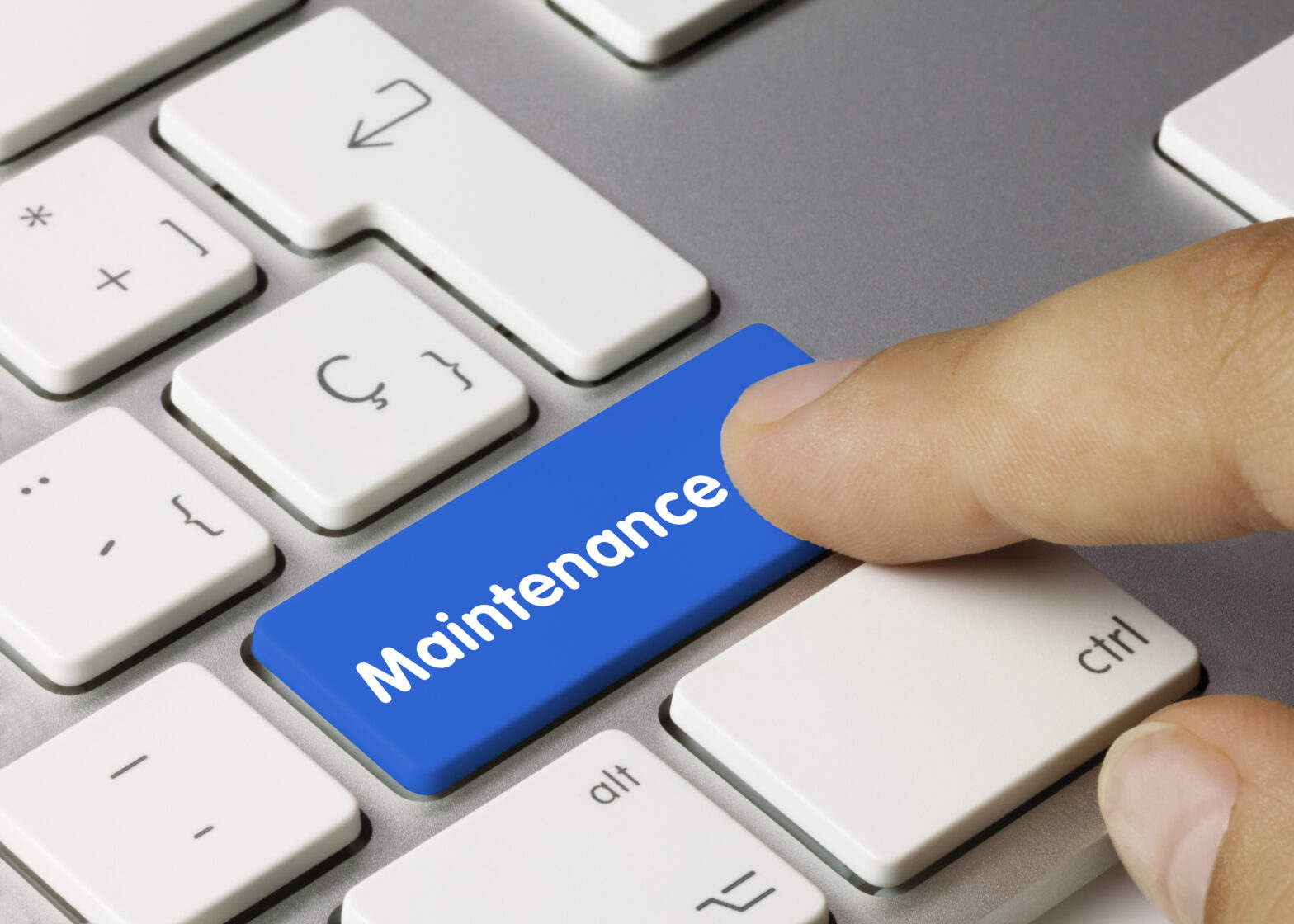When you’ve got a business to run, one of the last things on your mind is going to be general office maintenance. Not only is it a bore to think about, but things rarely go wrong, so it isn’t even worth the worry, right?
Not only can ignoring office maintenance violate the terms of an office lease, but it can also take your business out of action altogether. Concerns over electrical safety, structural problems and other risks to employee safety have caused more than a few businesses to shut down — both temporarily and permanently.
Most office maintenance issues are easily preventable and repairable if dealt with properly. By following simple processes, business owners can ensure they protect themselves against future ramifications from poor maintenance habits.
Run regular checks
A lot of maintenance issues are simple and innocuous, developing gradually over time. In this sort of scenario, you don’t notice the problem until it’s already a problem. For example, cracks in the building’s structure or rust on its pipework might not be spotted until they develop into bigger issues.
So how do you spot the early signs? You go looking for them.
Don’t wait for maintenance problems to show themselves — actively seek them out. Run a procedure regularly that checks for problems across the business premises, including structure, roofing, plumbing and electrics.
You can build your own checklist based on what equipment and office space you have. However, be sure to check out some online examples to make sure you don’t miss anything.
Don’t ignore repairs
Much like an illness, problems that afflict your building are often much easier to handle if detected early. Allowing them to reach a stage where they start to affect business operation is not a good idea.
If you find potential maintenance concerns, it is advisable that you carry out the necessary repairs immediately. It can be tempting to save money and adopt a wait-and-see attitude, but this is risky behaviour that could come back to bite you in a big way.
Costs of prevention are almost never as much as costs of reaction. Replacing a rusting pipe might not be a fee you want to deal with right now, but it’s certainly cheaper than replacing a totally rusted pipe and paying for the cleanup and repairs caused by water damage when it bursts.
If it is discovered that you knew about a potential hazard and didn’t act, you might also face legal challenges.
Avoid DIY office maintenance
Home repairs are a common practice carried out by millions of Brits every year. Therefore, it is often in the mindset of a business owner to consider undertaking basic repairs themselves. This is not recommended.
DIY will happily steal away hours of your time that would be better spent elsewhere. Business owners are often busier than most and falling behind on work — or making a dent in personal or family time — is not worth the price of cheaper office maintenance. However, the arguments against doing your own repairs go further than that.
A botched DIY job is a lot more common than you might think. In a home environment, the result of a badly finished — or unfinished — project is little more than a nuisance. However, the same cannot be said for office DIY.
First, you have to consider the disruption caused by a failed project. If you decide to undertake a DIY job yourself and it isn’t completed properly, it can have repercussions that affect the whole office. This could be as simple as slowing work down because a room is unavailable due to elongated repairs, or as devastating as having to temporarily shut down operations because your botched bathroom job means that there is no on-site toilet.
You must also consider business reputation. If customers, clients, partners or investors visit your premises, half-finished DIY jobs don’t exactly inspire confidence or indicate professionalism.
Unless your company is a plumbing business and you have plumbing repairs that need doing, office maintenance is not a time to be thinking about DIY.
Modernise
The old way isn’t always the best way.
Outdated office elements are more likely to experience problems, as time and usage cause structural integrity to deteriorate. By office elements, we mean almost everything; from your heating, plumbing and electricals, to insulation, roofing and ceiling panels.
The best way to ensure your building doesn’t fall apart due to maintenance issues is to make sure you don’t have maintenance issues in the first place. By modernising your premises with new technology, equipment, systems and architectural elements, you’ll be far less susceptible to problems.
Imagine your office is like an old car. You can keep putting the bits back together, but the only way you’ll ever stop having to visit the garage is by trading up for the newer, more reliable model.
Chris Shepherd is founder and creator of Fixington, an online booking service for tradespeople.





